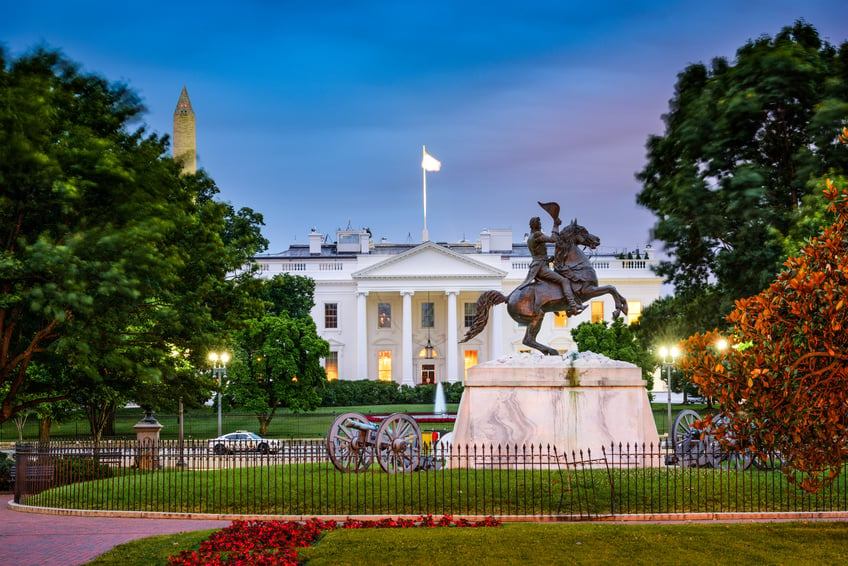Competition authorities around the world continue to sharpen their focus on markets for employee talent. The current push to scrutinize competition issues in labor markets can be traced to guidance issued in October 2016 by federal antitrust enforcers in the United States.
Like their counterparts in other countries, the US antitrust agencies have begun considering and in some cases have already implemented changes to antitrust review processes in response to the COVID-19 pandemic. Both the US Federal Trade Commission (FTC) and the US Department of Justice (DOJ) have also announced measures geared…
Corporate hospitality at the Olympics and other high-profile events can provide a bona fide relationship-building opportunity for companies. Nevertheless, such events are also a reminder of the risk that, when handled improperly, corporate hospitality can result in bribery or related improprieties.
On November 1, 2015, several important amendments to the U.S. Sentencing Guidelines became effective. The amendments include changes to the guidelines governing fraud and economic crime that will have a significant impact on the prosecution of individuals for a wide range of conduct. We summarize several of the amendments that could have a significant impact on sentencing and settlement negotiations in FCPA cases.
On April 9, 2015, the United States Sentencing Commission (the Commission) voted to recommend changes to its sentencing guidelines in fraud and antitrust cases. According to an official press release, the Commission proposed the changes “to address longstanding concerns that the guidelines do not appropriately account for harm to victims,…



